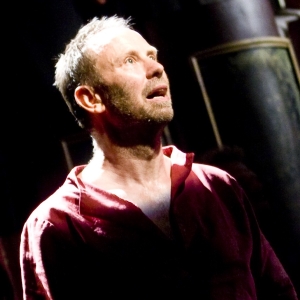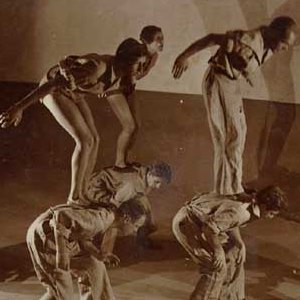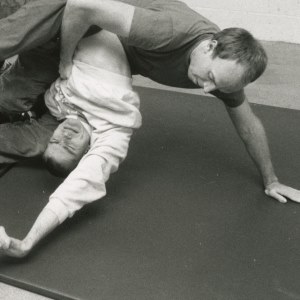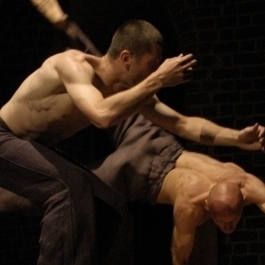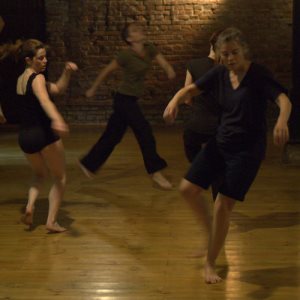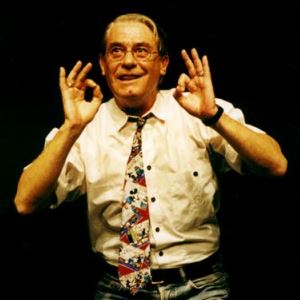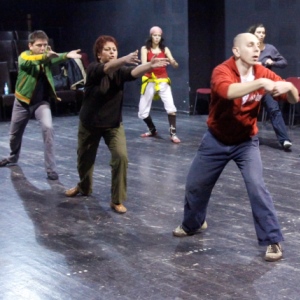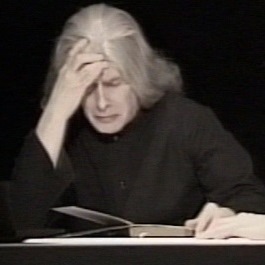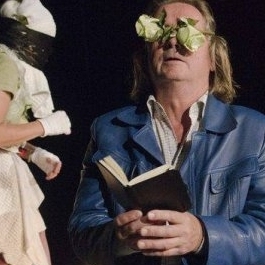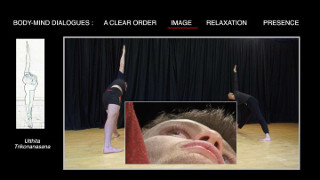The training of actors and performers operates in a variety of ways according to the contexts for which they are being trained. Historically, Western actors and performers, previous to the twentieth century, trained in companies, often whilst touring. This kind of ‘training’ was based on serving an apprenticeship, and so the preparation required for professional practice was acquired whilst the performer was working in some capacity in a professional theatre or performance context. In Western countries where the state provided funding for theatre, more formal systems of integration into companies existed. Historically, certain European performance modes such as commedia dell’arte required specialist training, but again, until the late nineteenth and early twentieth centuries, this happened through observation and application in the company itself. In non-Western performance traditions, such as Kathakali, training in technique and practice is more formalised, often conducted through rigorous and arduous long-term commitment to a programme of training from a young age.
In the late nineteenth and early twentieth centuries, actor training in Western practice became more theorised and formalised. In Britain, the first drama school, LAMDA (London Academy of Music and Dramatic Art), was established in 1861. In Russia, practitioners such as Konstantin Stanislavsky and Vsevolod Meyerhold developed training and rehearsal systems for actors that were predicated on the building of technique and methodology. Later in the twentieth century, a number of training systems for actors developed, and many of these involved techniques and practices appropriated from non-Western performance, ideas developed in fields such as gymnastics and psychology, and more formalised methods and techniques for dealing with issues specific to professional performance practice such as muscular and physical training, voicework and systems of cognitive training. Training for actors who will work predominantly outside of the commercial or subsidised sectors tends to borrow from non-Western practices more, is built on an agenda to develop mind and body control, and is often predicated on the belief that actor training is a continuous and lifelong activity.
Image: Katharina Seyferth in white shorts and dark t-shirt. Photo by Celeste Taliani

